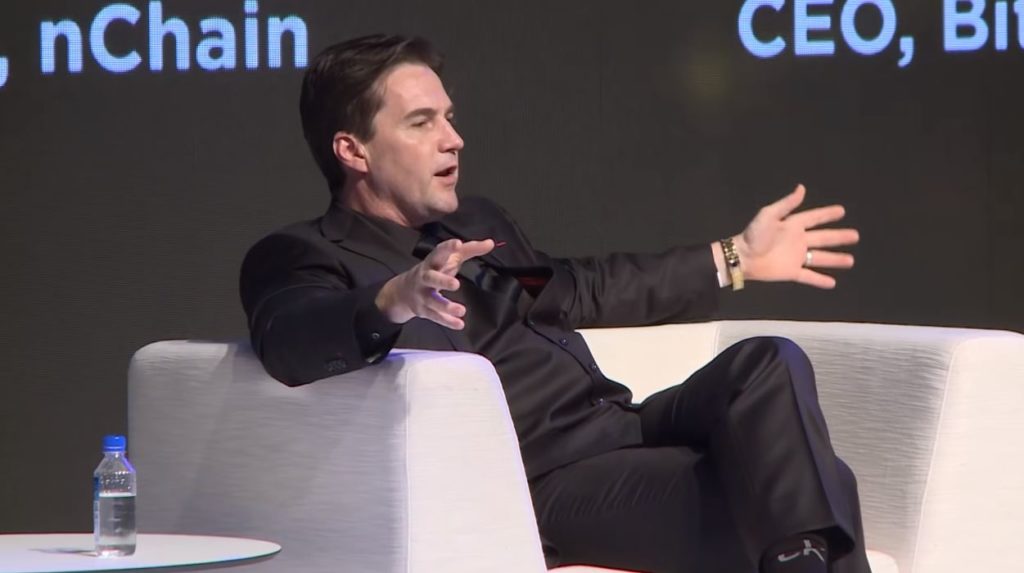Craig Wright Claims Bitcoin SV Will Process 1TB Blocks in Two Years

Craig Wright, who claims to have invented Bitcoin, said that he "f*cking disappeared" in 2011 so the project wouldn't be controlled by a single person. | Source: CoinGeek/YouTube
Dr. Craig S. Wright has a mission in mind for Bitcoin SV (BSV) to process terabyte-sized blocks. It’s a “2 year target” according to a tweet he published yesterday.
Wright didn’t elaborate on the how of this. Demand for transaction space in Bitcoin blocks is high, and certainly, Bitcoin has struggled to keep pace with the demand. Wright and others in the Bitcoin Cash world don’t believe in scaling solutions which take transactions off-chain, instead preferring to increase the size of blocks and associated storage space required for Bitcoin nodes. The Bitcoin SV hard fork’s first change was to project a quadrupling to 128MB blocks.
At the present time, however, BSV blocks are on average much smaller than even Bitcoin blocks, due to lack of transaction activity. Of the three important Bitcoin versions in the wild, BSV has the smallest blocks and therefore fewest transactions. Wright and his colleagues intend to change this through corporate partnerships, bringing more businesses on board.
Low transaction fees and ample block space might be attractive to developers looking for a platform to build on. However, there is increasing competition of blockchain platforms, with no end to them in sight. It would seem the real deciding factor on which token platform has the most use by developers, and therefore the most transaction activity, is which one becomes the most mainstream. To date, most decentralized applications have very few users, a continuing status quo that is disheartening for those looking to invest in or build new such applications.
Two years is not a very long time. It has, after all, taken ten years just to reach relative mainstream adoption of Bitcoin. Bitcoin SV must compete with Bitcoin via Omni layer, Bitcoin Cash via Wormhole, Ethereum, NEO, and newcomers such as AELF. Ethereum is far and away the most popular platform to build smart decentralized applications on, but as a network, it has essential protocol enhancements to undergo before it is able to handle anywhere near the number of transactions that Wright predicts Bitcoin SV will.
The tweet had the usual negativity in response, with one user saying that Wright will be in jail by the time two years have passed. Another response was positive, saying that Bitcoin SV really just needs one major business to get on board to start the process of world domination.
It’s hard to predict what 1TB of storage will cost in two years, but at present rates, a commercial end-user would need to pay an additional $300 per hour in storage costs alone (at the industry standard of $0.05 per gigabyte per month). Presumably this figure could be brought down by as much as 40 percent through buying at scale, but nevertheless, the prospect knocks out any smaller outfit from providing full node services to Bitcoin SV.
Wright’s goals depend on several things to go exactly as planned, and if they do, it will mean that a significant portion of the world’s transactions are happening on a blockchain, which is a net positive for cryptocurrency as a whole. However, decentralization is important to most involved in cryptocurrency, and the prospects of decentralization are lower the more expensive it becomes to participate. Only time will tell which way this all goes.
Featured Image from CoinGeek/YouTube